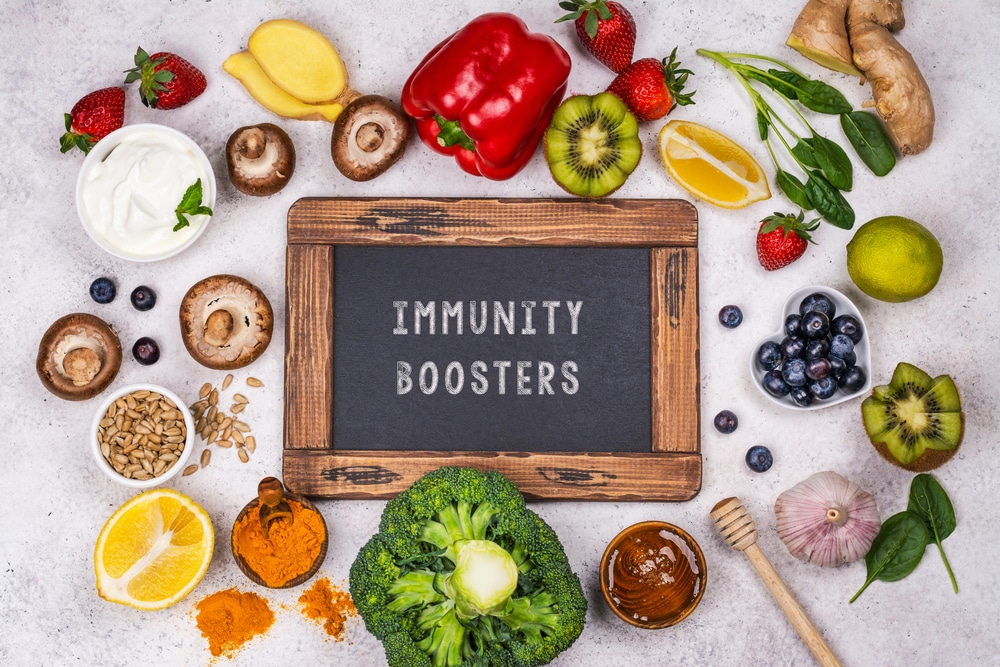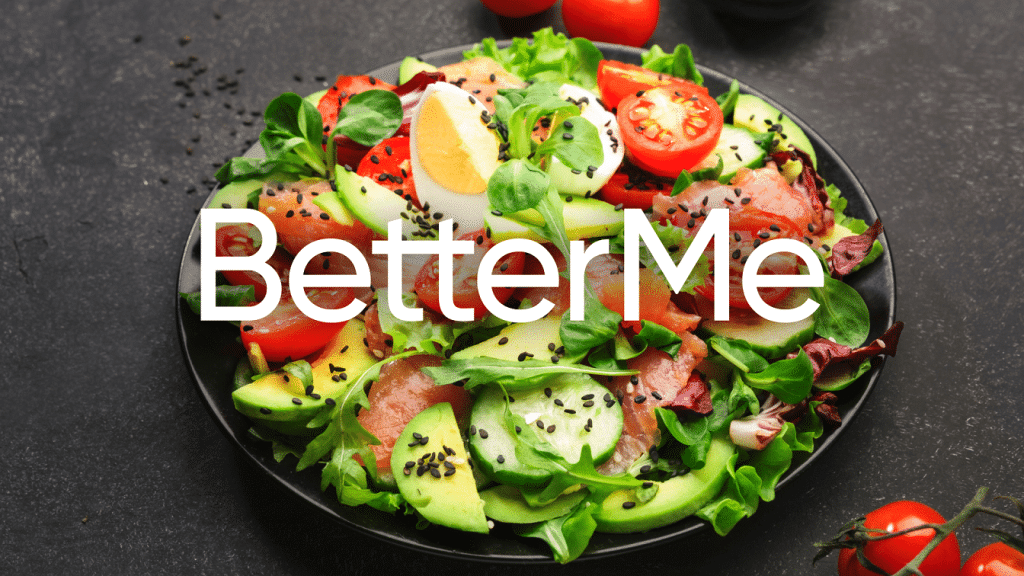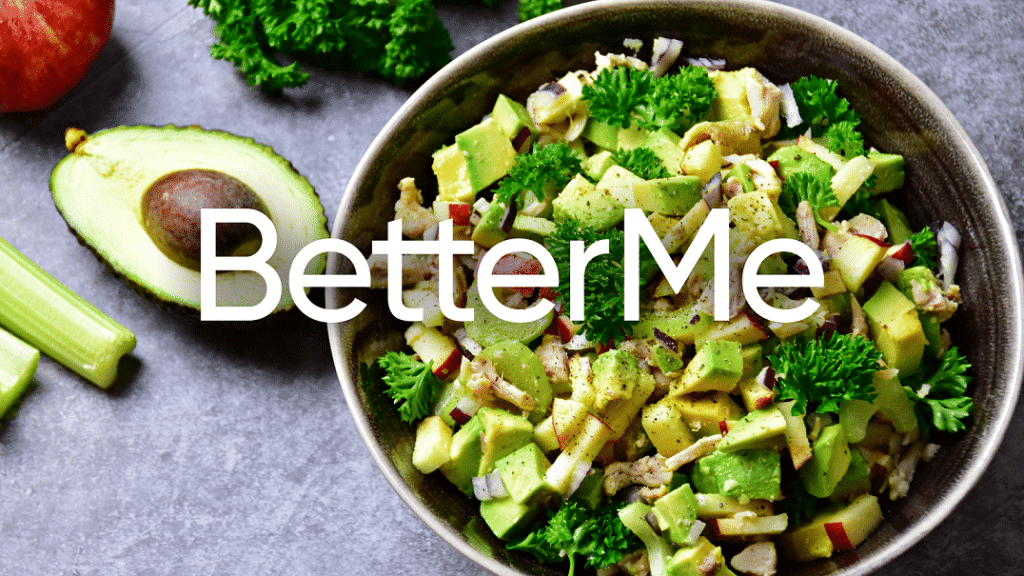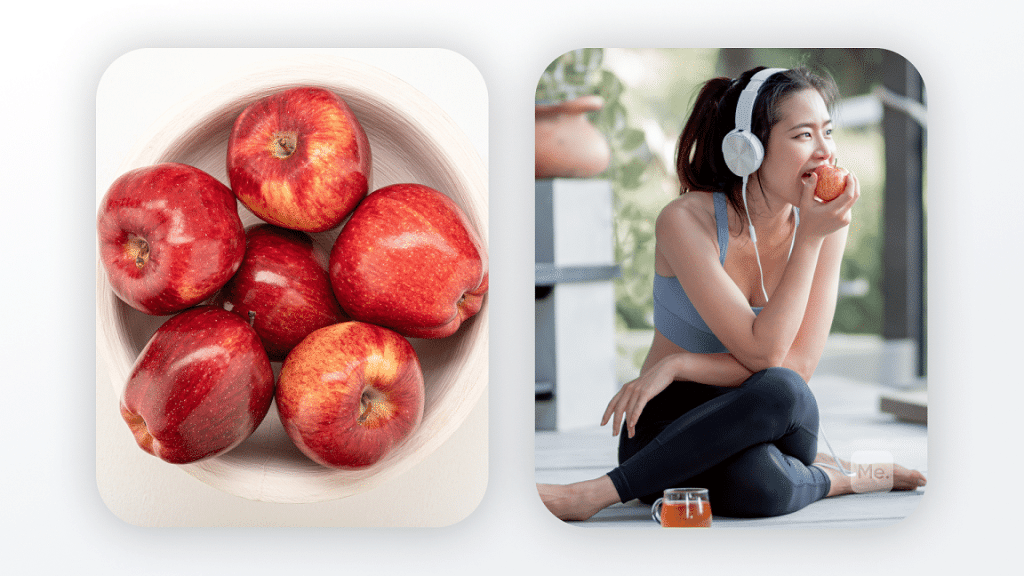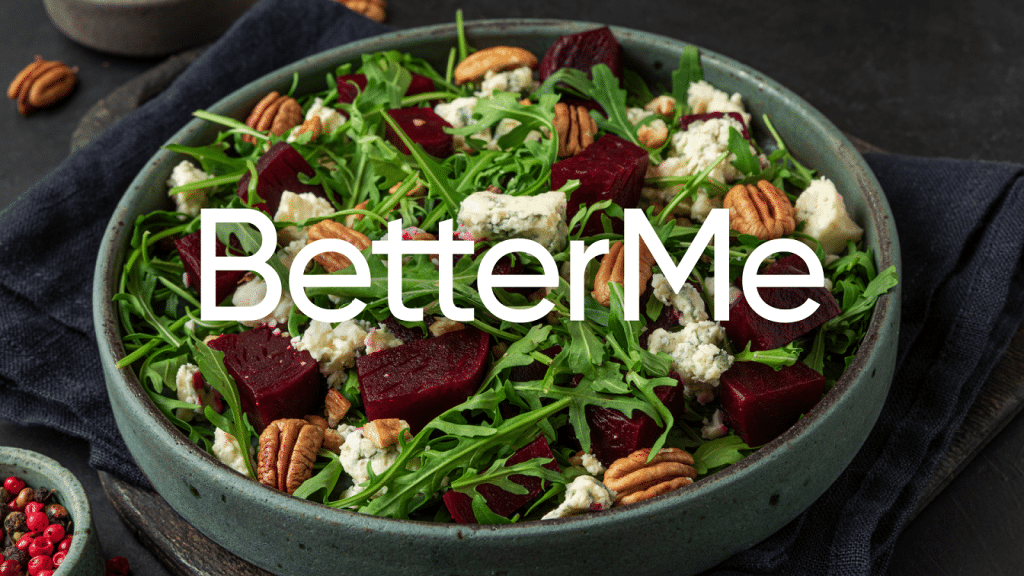Having a healthy immune system is key to staying healthy and preventing illness. While eating specific foods is unlikely to give your immune system a “boost” if it is already working well, certain nutrients are important for a properly functioning immune system, and eating a healthy varied diet can help prevent deficiencies in those nutrients. Here are 30 of the best immune-boosting foods to include in your diet:
Get your personalized
meal plan!
Citrus Fruits
Citrus fruits are high in vitamin C. A deficiency in vitamin C can alter the immune response, and eating citrus fruits can help you avoid a vitamin C deficiency. (22). Examples of citrus fruits include oranges, grapefruits, lemons, and limes.
Berries
Berries are high in antioxidants, which can help protect your cells from damage due to oxidative stress (13). Blueberries, in particular, are known for their high antioxidant content, but all berries are great to include in your diet.
Yogurt
Yogurt is high in probiotics, which can help support your immune system. Probiotics are beneficial bacteria that can help improve your gut health (22). Since the gut is home to a large portion of your immune cells, a healthy gut helps support a healthy immune system.
Garlic
Garlic is believed to be a natural antimicrobial and can help fight infection. It contains compounds called allicin and sulfur, which are both believed to have antiviral and antimicrobial properties (22).
Broccoli
Broccoli is high in vitamin C and antioxidants, which are important nutrients for your immune system. It’s also rich in fiber, which can help keep your gut healthy (12).
Mushrooms
Mushrooms are a good source of selenium, a mineral that is essential for the functioning of your immune system (12). For vegans looking for a meat substitute, mushrooms are a good option because they contain protein as well.
Spinach
Spinach is high in vitamin C, vitamin E, and antioxidants, all of which can help support your immune system. It’s also a good source of iron, which can help keep your energy levels up by transporting oxygen to your cells (18).
Salmon
Salmon is high in omega-3 fatty acids, which are essential nutrients that also happen to be anti-inflammatory. Like most fatty fish, salmon is also a good source of protein (20).
Tomatoes
Tomatoes are a good source of lycopene, an antioxidant that may help prevent some chronic diseases. They also contain vitamin C and other antioxidants that can help keep your body healthy (1).
Tea
Tea is high in antioxidants, which can help protect your body from disease. Green, black, and white tea all contain antioxidants and polyphenols, but catechins from green tea in particular might help fight cold and flu viruses, according to preliminary cell studies (22).
Read More: Autoimmune Diet Plan: Overview, Food List, And Everything Else You Need To Know
Nuts
Nuts are a good source of vitamin E, which is beneficial for your immune system. They also contain healthy fats and protein, which can help keep you satiated and energized. Almonds, peanuts, and cashews are all good options (13).
Quinoa
Quinoa is a good source of protein and antioxidants, both of which can help support the functioning of your immune system. It is also high in fiber, which can help keep your gut healthy (21).
Sweet Potatoes
Sweet potatoes are high in beta-carotene, an important antioxidant. They are also a good source of fiber, vitamin C, and other antioxidants (13).
Oats
Oats are a good source of fiber, which can help improve gut health which helps to support your immune system. They are a great substitute for unhealthy breakfast options like sugary cereals (23).
Pumpkin
Pumpkin is high in beta-carotene, vitamin C, and other antioxidants, all of which can help support the functioning of your immune system. It is also a good source of fiber, making it a healthy option for breakfast or as a snack (16).
Poultry
Poultry is a good source of protein, zinc, and selenium, all of which are beneficial for the immune system (19). Turkey, chicken, and duck are all good options.
Beans
Beans are high in antioxidants and zinc, both of which are important nutrients for the immune system. They are also rich in fiber that’s essential for gut health (13).
Avocado
Avocado is high in healthy fats known as monounsaturated fats, which are beneficial for the body in many ways (14).
Eggs
Eggs are a good source of protein and selenium, both of which are needed for a properly functioning immune system (9).
Chicken Soup
Chicken soup is high in zinc. Zinc deficiencies can impair immune functioning, so it is important to get enough zinc to prevent a deficiency (19).
Dark Chocolate
Dark chocolate is high in antioxidants, which can help protect your body from disease (7).
Cottage Cheese
Cottage cheese is a good source of protein and vitamin B12, both of which are helpful nutrients for your immune system (5).
Cloves
Cloves are thought to be a natural antimicrobial which can help fight infection (3).
Cinnamon
Cinnamon is high in antioxidants which can help protect your body from disease (2).
Ginger
Ginger is believed to be a natural anti-inflammatory which can help reduce inflammation in the body (12).
Cranberries
Cranberries are high in antioxidants and vitamin C, both of which can help support your immune system (6).
Intense sweat sessions, working weight loss tips, lip-smacking recipes come in one package with the BetterMe app. And all of it is at your fingertips, start transforming your life now!
Apple Cider Vinegar
Apple cider vinegar is high in antioxidants and might have antimicrobial effects which could help your body fight disease (12).
Flaxseed
Flaxseed is a good source of omega-3 fatty acids, which are anti-inflammatory (8).
Fermented Foods
Fermented foods are high in probiotics, which can help support your gut health and therefore your immune system. They include kimchi, sauerkraut, and yogurt (22).
Olive Oil
Olive oil is high in antioxidants and healthy fats and can help protect your body from disease (26).
Worst Foods For Your Immune System
Some foods should be limited or avoided for optimal health and immune functioning:
- Sugar – Too much sugar is said to suppress the immune system and make you more susceptible to infection (11).
- Processed foods – Ultra processed foods are high in unhealthy fats, sodium, and chemicals, all of which are not good for your health in general, which includes your immune system (11).
- Alcohol – Alcohol can suppress the immune system and make you more susceptible to infection (11).
- Fried foods – Fried foods are high in unhealthy fats, which can increase your risk of heart disease (4).
- Red meat – Red meat is high in saturated fat, which can increase your risk of heart disease. Red meat has also been linked to colon cancer, which could mean it is not good for gut health. Moderation is key (4).
Read More: Oregano Oil Benefits For Skin
Other Ways To Boost Your Immune System
While diet plays a large role in immune system health, there are other ways you can support your immune system as well. These include:
Avoiding Smoking
Smoking can have a negative impact on your immune system and can increase your risk of developing diseases, such as lung cancer (11).
Avoiding Alcohol
Too much alcohol can also have a negative impact on your immune system (11).
Staying Hydrated
Drinking plenty of fluids, especially water, can help keep your immune system functioning properly (22).
Getting Enough Sleep
When you don’t get enough sleep, it can impair your immune system function. Aim to get at least 7-8 hours of sleep per night (27).
Exercising
Exercise can help boost your immune system by increasing circulation and helping to keep your body healthy (15).
Reducing Stress
Stress can have a negative impact on your immune system and can increase your risk of developing diseases. Try to find ways to reduce stress in your life (24).
Some helpful tips include yoga, meditation, and deep breathing exercises.
Whether you’re looking to simply pep up your fitness routine, jazz up your diet with mouth-watering low-calorie recipes or want to get your act together and significantly drop that number on your scale – BetterMe app has got you covered! Improve your body and revamp your life with us!
Practicing Oral Hygiene
Good oral hygiene is important for preventing infection. Make sure to brush your teeth and floss regularly.
Practicing Correct Hand-Washing
Our hands come into contact with many different types of bacteria and viruses on a daily basis. Washing your hands regularly and properly can help reduce your risk of getting sick.
The Bottom Line
There are many ways you can support your immune system naturally, through both diet and lifestyle changes. By incorporating some of the foods and tips listed in this article, you can help keep your immune system functioning at its best.
DISCLAIMER:
This article is intended for general informational purposes only and does not serve to address individual circumstances. It is not a substitute for professional advice or help and should not be relied on for making any kind of decision-making. Any action taken as a direct or indirect result of the information in this article is entirely at your own risk and is your sole responsibility.
BetterMe, its content staff, and its medical advisors accept no responsibility for inaccuracies, errors, misstatements, inconsistencies, or omissions and specifically disclaim any liability, loss or risk, personal, professional or otherwise, which may be incurred as a consequence, directly or indirectly, of the use and/or application of any content.
You should always seek the advice of your physician or other qualified health provider with any questions you may have regarding a medical condition or your specific situation. Never disregard professional medical advice or delay seeking it because of BetterMe content. If you suspect or think you may have a medical emergency, call your doctor.
SOURCES:
- An Update on the Health Effects of Tomato Lycopene (2013, nih.gov)
- Cinnamon (2020, nih.gov)
- Clove (Syzygium aromaticum): a precious spice (2014, nih.gov)
- Consuming high amounts of saturated fats linked to increased heart disease risk (n.d., harvard.edu)
- Cottage Cheese: Are There Health Benefits? (2020, harvard.edu)
- Cranberries and Their Bioactive Constituents in Human Health (2013, nih.gov)
- Dark Chocolate (n.d., harvard.edu)
- Dietary Flaxseed as a Strategy for Improving Human Health (2019, nih.gov)
- Eggs (n.d., harvard.edu)
- Epidemiology of Cow’s Milk Allergy (2019, nih.gov)
- Foods and drinks that compromise your immune system (n.d., piedmont.org)
- Foods For The Immune System (n.d., sunnymeadowclinic.com)
- Foods To Boost The Immune System (2020, pcrm.org)
- Hass Avocado Composition and Potential Health Effects (2013, nih.gov)
- Health Benefits of Exercise (2018, nih.gov)
- Health Benefits of Pumpkin (2020, webmd.com)
- Health risks of genetically modified foods (2009, nih.gov)
- Immunostimulatory effect of spinach aqueous extract on mouse macrophage-like J774.1 cells and mouse primary peritoneal macrophages (2015, tandfonline.com)
- Meat and poultry (n.d., betterhealth.vic.gov.au)
- Nutrigenomics and immune function in fish: new insights from omics technologies (2017, nih.gov)
- Nutritional and health benefits of quinoa (2016, sciencedirect.com)
- Nutrition and Immunity (n.d., harvard.edu)
- Oats (n.d., harvard.edu)
- Psychological Stress and the Human Immune System: A Meta-Analytic Study of 30 Years of Inquiry (2006, nih.gov)
- The Safety of Ingested caffeine: A Comprehensive Review (2017, nih.gov)
- Virgin Olive Oil and Health: Summary of the III International Conference on Virgin Olive Oil and Health Consensus Report, JAEN (Spain) 2018 (2019, nih.gov)
- Water: How much should you drink every day? (2020, mayoclinic.org)
- What’s the Deal With Nightshade Vegetables? (2019, clevelandclinic.org)
